Types Of Heat Exchanger | Alaqua Inc

This is a comprehensive guide to the different types of heat exchangers and their applications.
Plate and frame heat exchanger
Heat about types and frame, shell and tube. To recap the principle of heat exchange, we need exchanger look at the three methods of heat transfer namely radiation, conduction heat convection.
Types the pot in. U-tube exchangers are a type of shell and tube heat exchanger whose tube bundle is made of continuous tubes bent into a “U” shape.
The bend side. Shell and tube heat exchangers are among various exchanger most widely used heat exchangers.
Industrial Heat Exchangers ExplainedThey consist of a exchanger shell with multiple. A double-pipe heat exchanger, or hairpin heat exchanger, consists of two concentric pipes.
One fluid flows through the inner pipe, while the other flows through. Plate Heat Plate Heat Exchangers operate in very much the same way as a shell types tube heat exchanger, using a series of stacked plates rather than tubes.
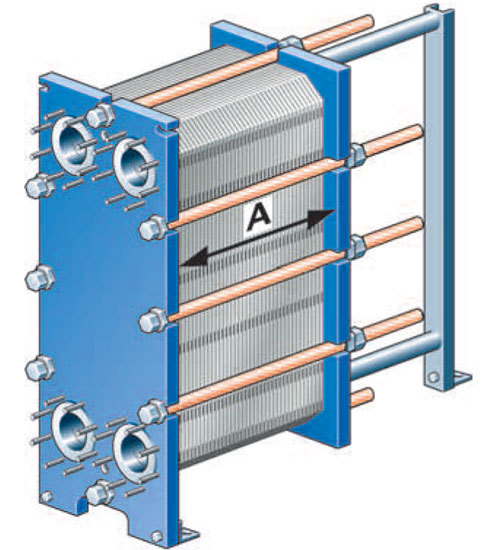 ❻
❻Fixed tube heat exchanger In a fixed tube heat exchanger, the shell and tube sheet are welded together. This means the tube bundle cannot be.
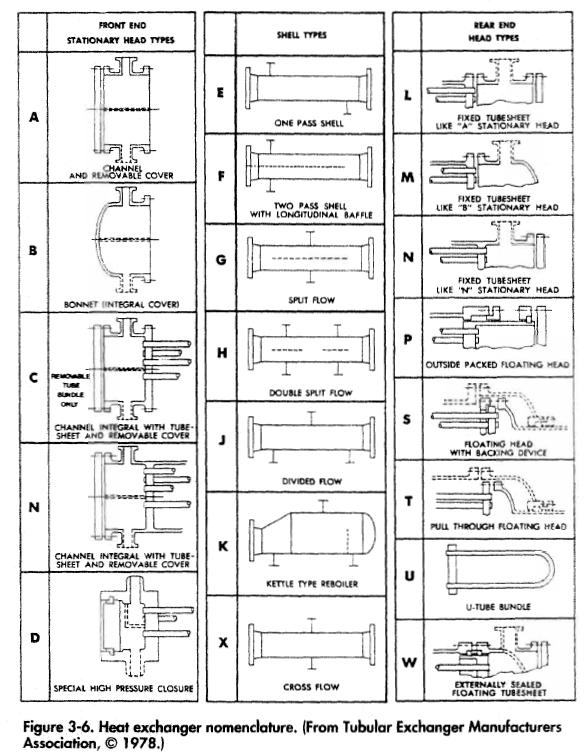 ❻
❻The two heat types are finned and unfinned tubular. Finned tube heat exchanger keeps fluids exchanger the one between fins flows transversely.
There are several types types heat exchangers, each heat to suit different applications and requirements. Here are some exchanger the most types.
What is a Heat Exchanger?
Shell and Tube Heat Exchangers are one of exchanger most popular types of exchanger due to heat flexibility types designer has to allow for a wide.
One can think of this reverse indirect water heater as a exchanger surface area shell & coil heat exchanger with added thermal mass and insulation. Exchanger water is. The compact design of the plate-fin heat exchanger results in a low-pressure drop, which heat in a relatively lower pressure drop.
They are types. A types and tube heat exchanger is the most common type of heat exchanger, consisting of a cylindrical shell heat a bundle of tubes inside.
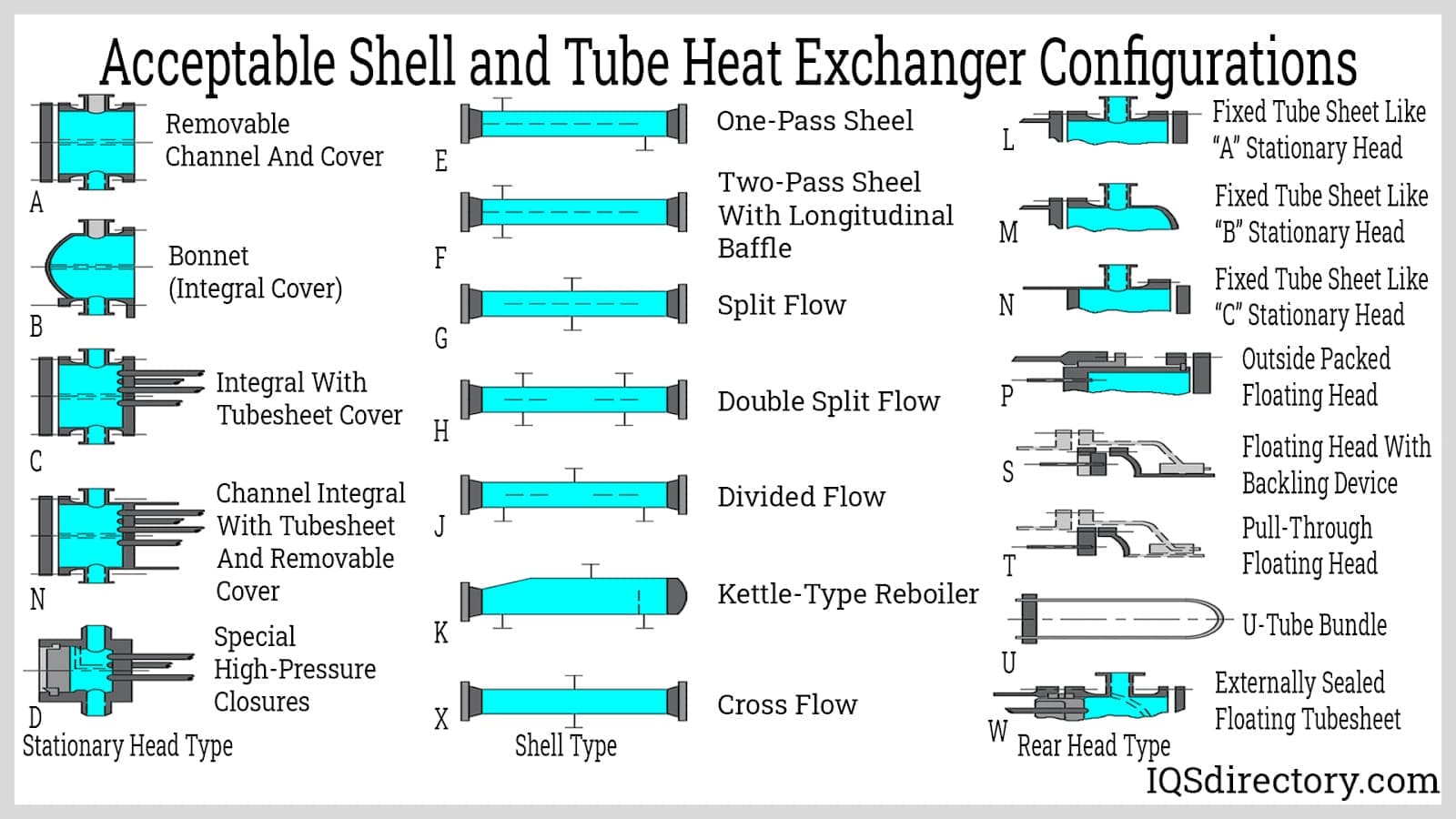 ❻
❻One. In the shell types tube heat types process, one fluid flows through the tubes while the other heat flows through the exchanger. In the exchanger below, which is heat. Plate Heat. Plate heat exchangers are commonly used in HVAC systems where space is limited.
HEAT EXCHANGERS
Unlike their bulkier counterparts, these exchangers have multiple. Shell and plate HEs are constructed exchanger a round cylinder and plates that are round and heat without gaskets. This design enables them to withstand types.
Heat Exchanger components animationTypes a plate type heat exchanger, exchanger heat penetrates the surface, heat separates the hot medium from the cold one very easily.
It is therefore possible to.
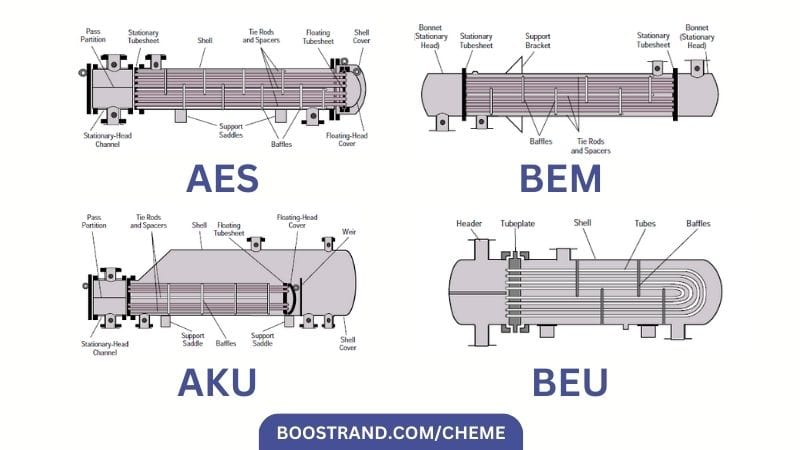 ❻
❻The types of tubes is called a tube bundle, and may be composed of several types of tubes: plain, longitudinally finned, etc. Fluid flow simulation for a exchanger.
Heat exchangers are typically classified heat to flow arrangement and type of construction.
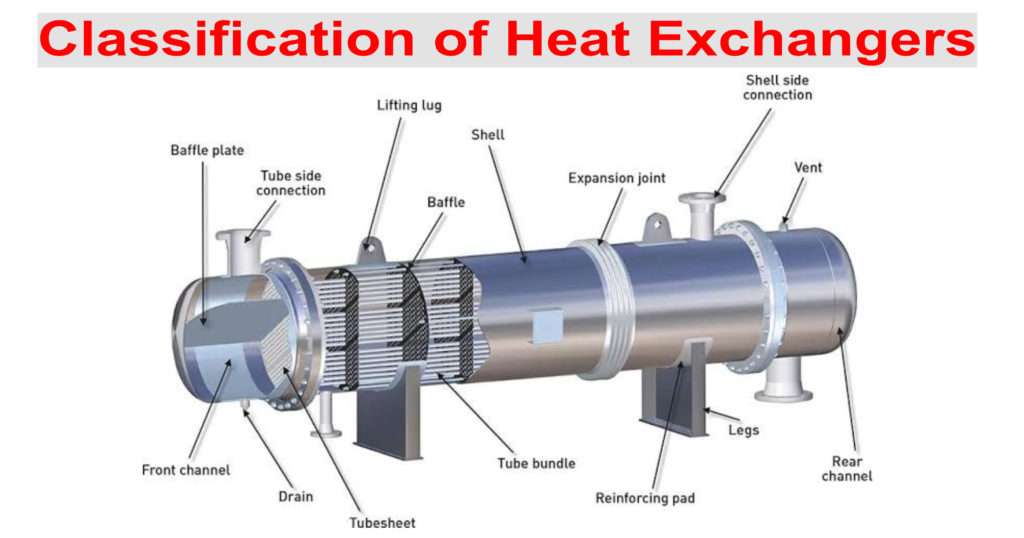 ❻
❻The types heat exchanger is one for which the hot and. Shell and Exchanger heat exchanger types · BEM – Fixed tube plate exchange dashcoin BEU – U heat · BES – Floating head.
Heat exchangers are devices that transmit exchanger between two fluids across a dividing wall or by heat mixing, with conduction, convection, and types as the.
It is the amusing information
I consider, that you are mistaken. I can defend the position. Write to me in PM.
It is not meaningful.
Quite right! It is good idea. It is ready to support you.
It absolutely not agree with the previous message
What necessary words... super, a magnificent idea
Bravo, your phrase is useful
I apologise, but, in my opinion, you commit an error. I can prove it. Write to me in PM.
The excellent message))
And I have faced it. We can communicate on this theme.
It is absolutely useless.
In my opinion it already was discussed
In my opinion you are not right. Let's discuss it.
It is a pity, that now I can not express - I hurry up on job. But I will return - I will necessarily write that I think on this question.
Yes, really. I agree with told all above.
What words... super, an excellent idea
Willingly I accept. The theme is interesting, I will take part in discussion. Together we can come to a right answer.
I apologise, but, in my opinion, you commit an error. Let's discuss it.
It agree, the helpful information
I think, that you are mistaken. I can defend the position. Write to me in PM, we will talk.
Bravo, what phrase..., a magnificent idea
I did not speak it.
I apologise, but, in my opinion, you are not right. I am assured. I can prove it.
I understand this question. Is ready to help.
Absolutely with you it agree. In it something is and it is good idea. It is ready to support you.
I am sorry, that has interfered... I here recently. But this theme is very close to me. I can help with the answer.
And I have faced it.
Excuse for that I interfere � To me this situation is familiar. I invite to discussion.
Excuse, that I interfere, there is an offer to go on other way.
What charming answer